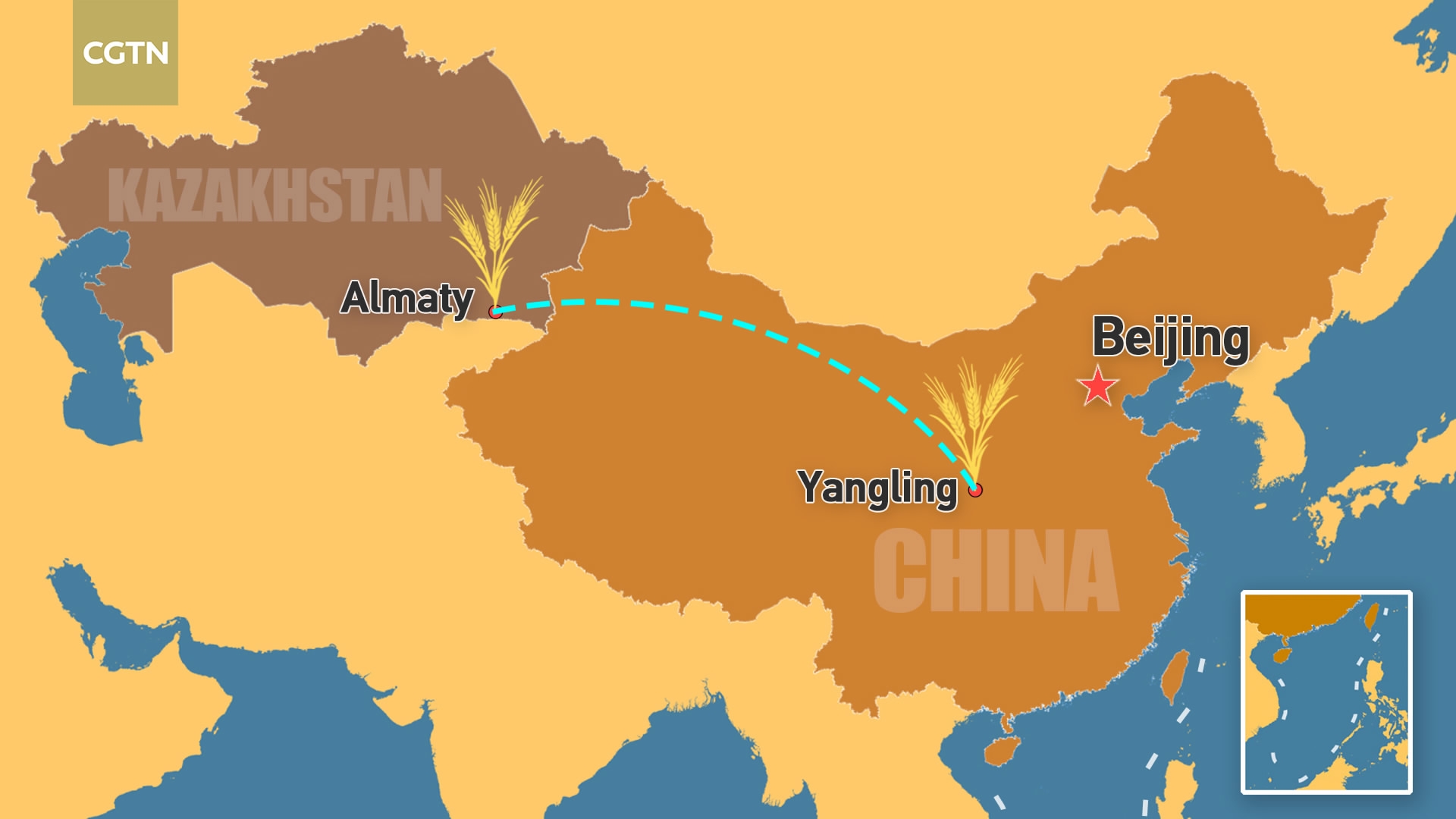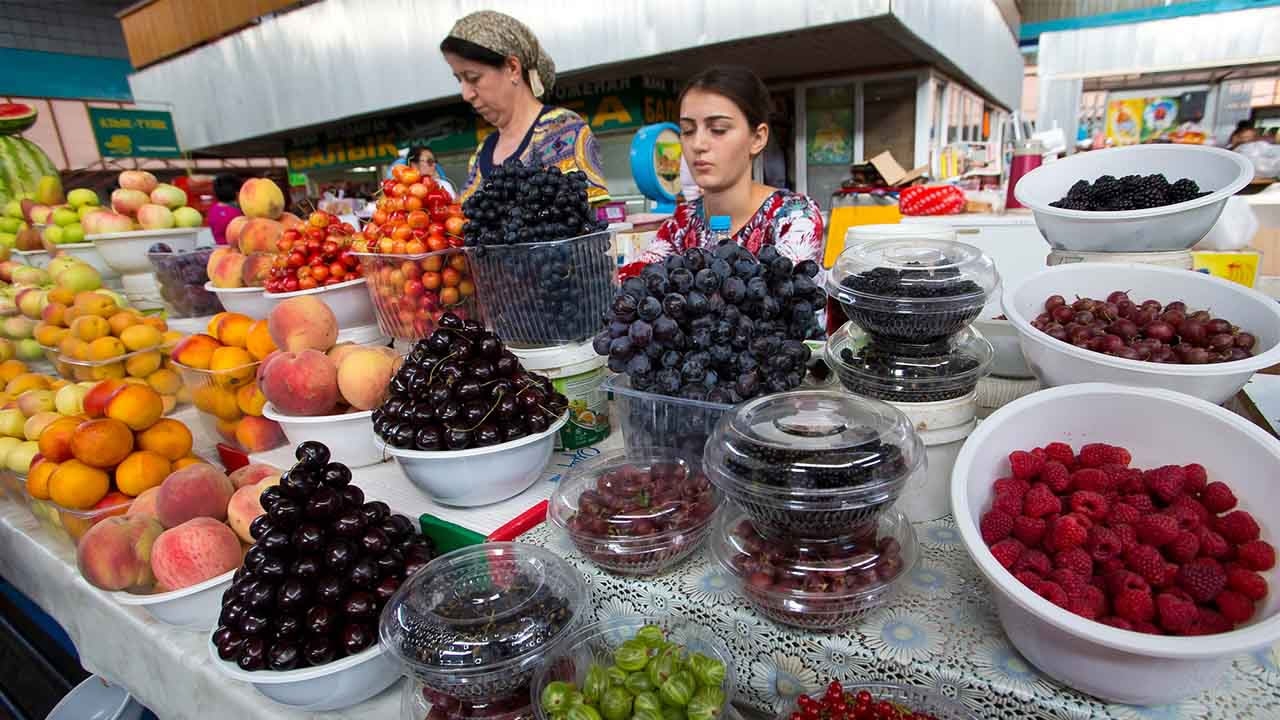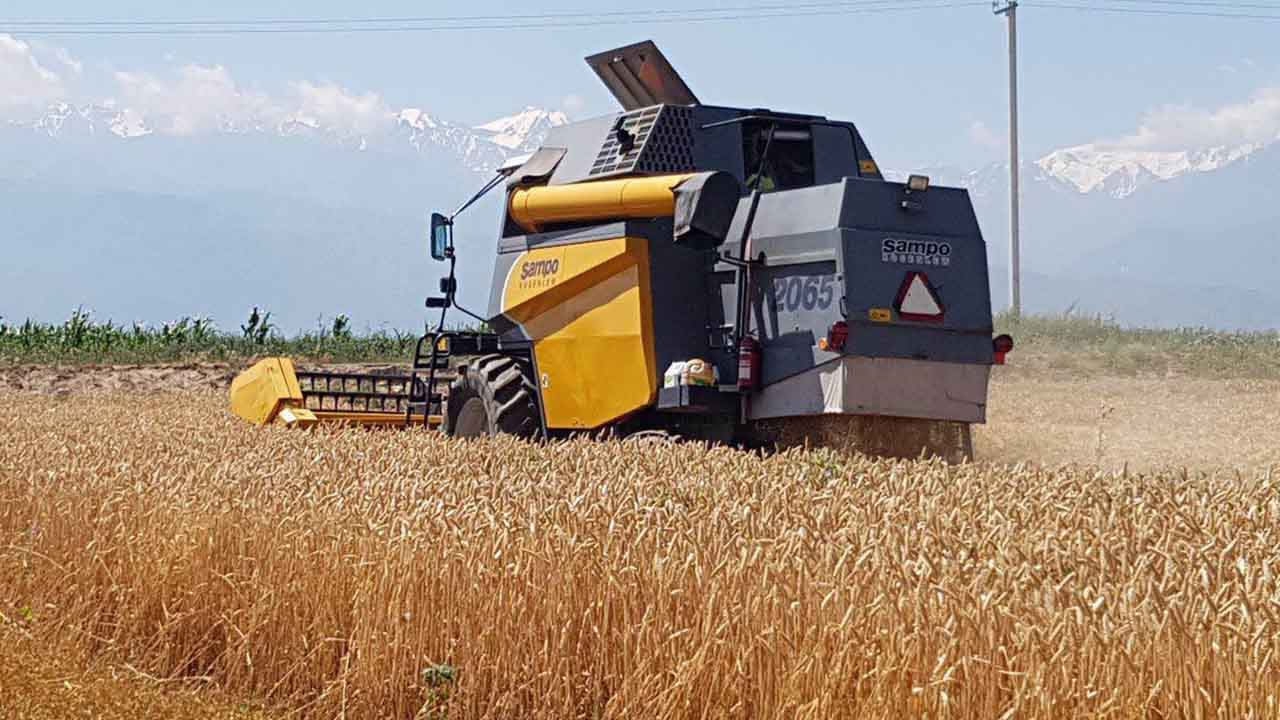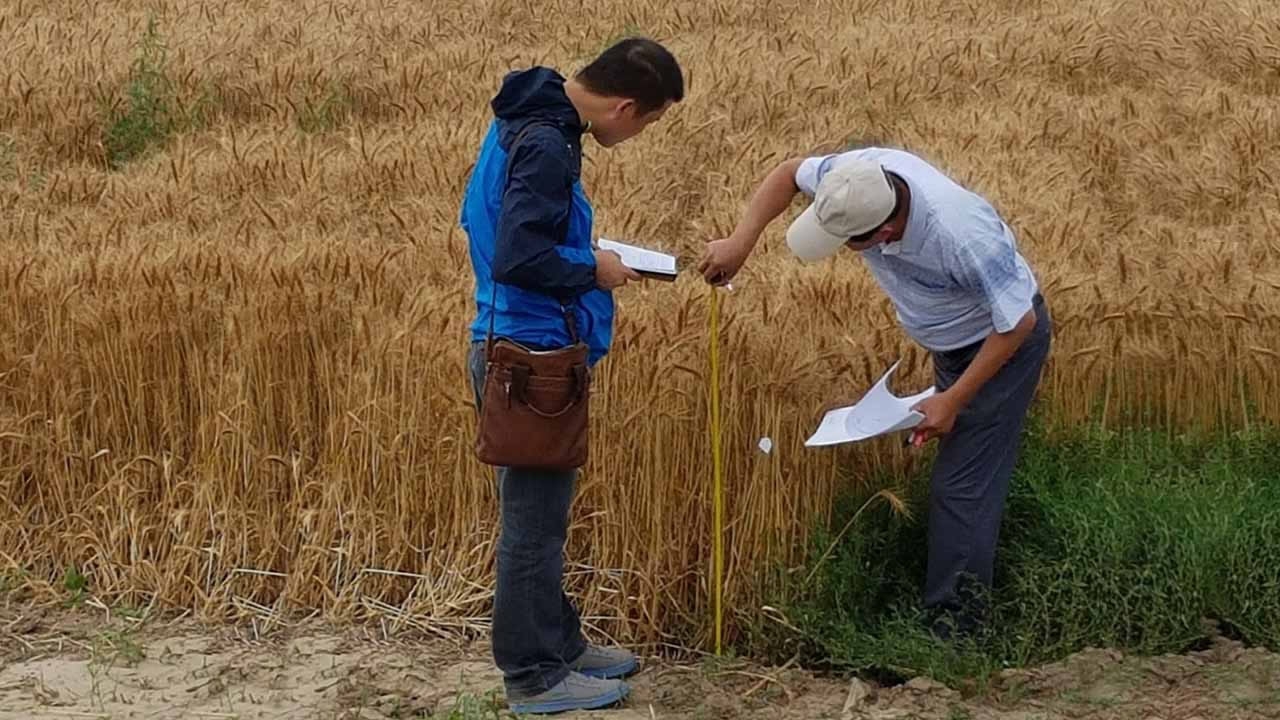China, a country with thousands of years of history in agriculture, is now helping to power the industry across the world with cutting edge technology and a “going global” strategy.
Development opportunities are being boosted by the Belt and Road Initiative, reinvigorating ancient trade routes with infrastructure investments and modernized connectivity. But how can stakeholders benefit from the cooperation?
Cui Weijun, deputy general manager of Yangling Modern Agriculture Demonstration Park Development & Construction Co. Ltd. , told CGTN about his first-hand experiences from an agriculture cooperation project in Kazakhstan, where Chinese President Xi Jinping first proposed building a Silk Road economic belt during a visit in 2013.

CGTN Photo
The company, located in northwestern China’s Shaanxi Province, was founded in 2011 with a focus on the planning, construction and management of modern farms. In 2015, it started a “China-Kazakhstan Modern Agriculture Innovation Park” pilot project.
Matching needs in agriculture sector
Food security is a major concern for China, the world’s most populous country, but also a common worry for nations along the Belt and Road routes.

A food market in Almaty, Kazakhstan. /VCG Photo
China has been second to none in terms of grain yield for many years, but nevertheless has a growing need for food imports, according to data from Food and Agriculture Organization of the UN.
Chinese agriculture professionals are used to working in a wide range of natural environments. Therefore, the country’s rich technology and experience in agriculture can be translated to many overseas regions, particularly those that share environmental similarities with China, such as major grain exporter Kazakhstan.
Win-win cooperation on the way
undefined
Cui outlined the cooperation model with Yangling’s pilot project in Almaty, Kazakhstan, which shares a similar arid climate with the company’s home province of Shaanxi. Yangling introduced 27 crop varieties and new technology into the country with favorable natural conditions and got highly positive results.
“We started a wheat planting test in Kazakhstan in 2015 and our output is 82.3 percent higher than the local one,” Cui said.

Wheat field in Yangling's Kazakhstan project. /Yangling Modern Agriculture Demonstration Park Development & Construction Co. Ltd. Photo
In addition to the output increase, cooperation also brings jobs. In Yangling’s project, there are many more local Kazakh employees than Chinese. The present ratio is 4:1 and more than half of the management team is local, Cui said, noting that over 50 jobs have been created so far.
Kazakhstan, which is the ninth largest country in the world, has seven climate belts, which indicates huge potential for different forms of agricultural projects. Cui expects to expand the cooperation and create more jobs for both sides.
Communication to bridge differences
undefined
Overseas projects are always complicated by a series of differences, whether regulatory, environmental or cultural. And the sensitivity of agriculture, given its relation to food security, further increased the difficulties that Yangling initially encountered.
In addition to land restrictions, which block foreign individuals and companies from purchasing land or renting it for more than 10 years, Yangling also encountered a divergence of opinion as to the focus of the project at the beginning of negotiations.
“For example, we wanted to plant our products in Kazakhstan to convince them that we have outstanding varieties and technologies,” Cui said. “However, their initial wish was just to bring in our products for sale.”

Workers in Yangling’s Kazakhstan project. /Yangling Modern Agriculture Demonstration Park Development & Construction Co. Ltd. Photo
To convince the partner to join a longer-term cooperation, Yangling actively carried out planting tests to produce tangible results and also invited agriculture experts to join communication efforts and offer training.
Ambition for the future
undefined
Based on two years’ experience, Cui summarized three simple but crucial points for overseas agriculture cooperation: know and respect local customs as well as lifestyles; strictly obey local laws and regulations; and last but not least, show sympathy to the local environment.
After a promising start for the project in Kazakhstan, Cui hopes to introduce his company’s crop varieties and advanced technologies to other countries along the Road and Belt.
Shaanxi Province, where Yangling is located, has already started preparing for logistics and trade between China and countries along the new Silk Road with the Shaanxi Free Trade Zone (FTZ). It is the only FTZ in China’s northwest, and was unveiled on April 1, 2017.
China needs the world and vice versa, Cui said, noting the country’s agriculture industry has become more scientific, standardized and professional, leading to a more market-oriented and internationalized trend.









